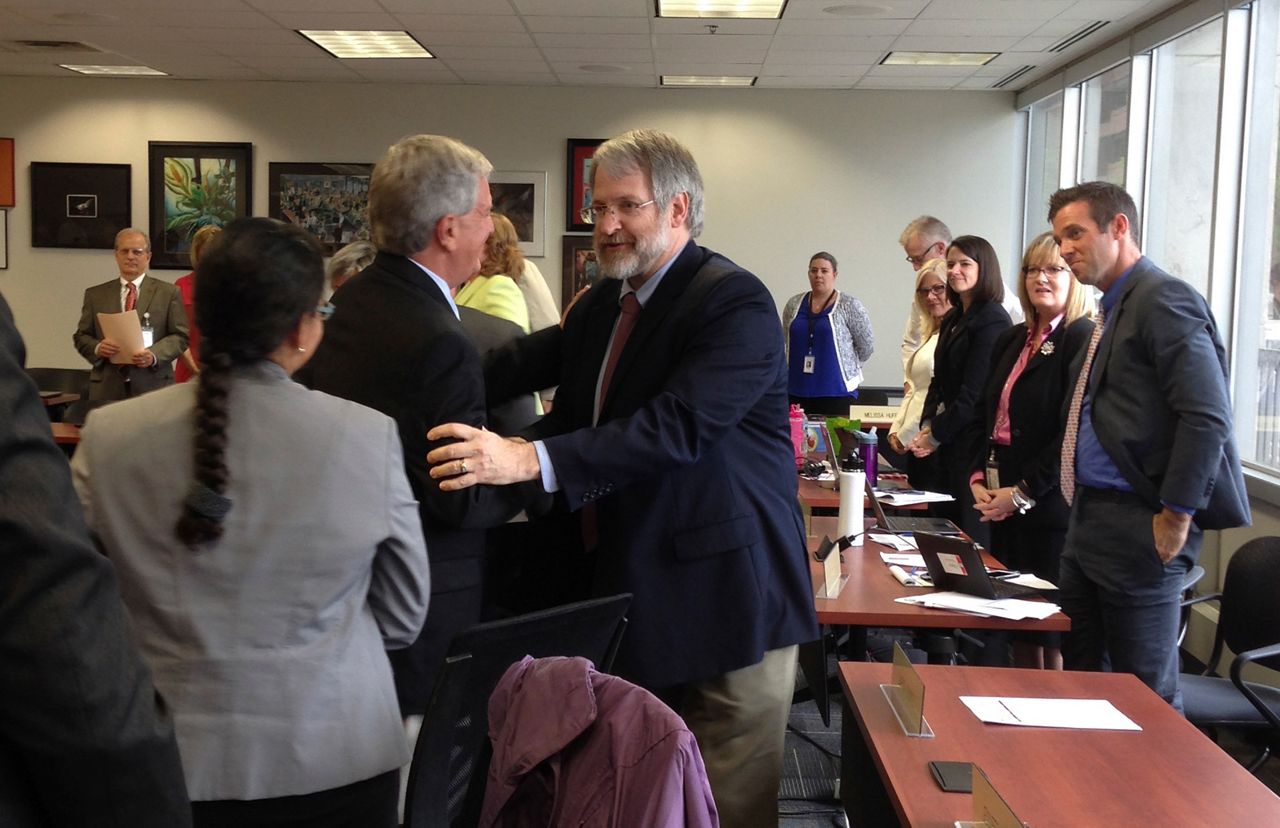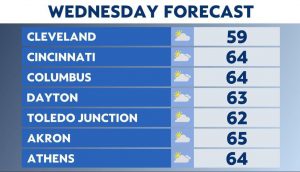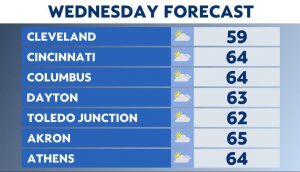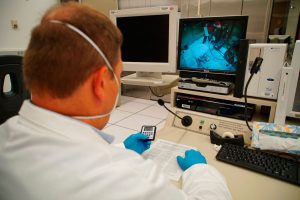When it comes to climate change, the maxim “the science is settled” gets used a lot. But new arguments from a top government scientist says things aren’t quite that cut and dry.
Just where we stand on this complex issue could use some review. First, the public. Overall, a majority of Americans agree with the need to do something about climate change.
Second, the government. Generally, Democrats have pushed for federal intervention, including green energy investment and job creation, that call for trillions in federal spending. At the state level, Ohio has several private sector green energy initiatives with varying degrees of state support.
Third, the pushback. Critics are skeptical of just how much government should do about warming temps. But objecting to government spending or utility surcharges is one thing. Doubting the science behind rising temperatures casts one as a “climate change denier,” a label meant to insult.
- NYU physicist’s book claims the scientific record does not support drastic concerns about warming temperatures.
- The issue comes down to levels of scientific certainty, not denying or accepting climate change as a reality.
- Human nature is to dismiss nuanced information, even when making key policy decisions.
Enter Obama Administration science advisor and NYU physicist Dr. Steven Koonin and his new book ‘Unsettled?’
In it, Koonin calls the climate change consensus into question.
“I think another way I might say it is that the consensus is not as strong as it is portrayed.”
Indeed, the dominant view of climate science, as media often portrays it, is that the situation requires immediate and comprehensive reforms. Koonin says his review of the scientific record leads to a different conclusion.
“That doesn’t mean we shouldn’t do anything about it, but I think it becomes much less compelling when you look at the actual science.”
So how can a leading scientist hold this view given what we hear about climate change from news and political sources?
Well, there are three things in play for us to remember here.
First, few thing are “either/or” outcomes when it comes to science. Koonin is not denying climate change exists, nor is he saying that the climate records are cooked.
Instead, Koonin’s threshold for certainty in what the science says about rising temperatures (and their consequences) is different than what climate scientists—who don’t conduct research in controlled physics labs—use.
By contrast, Dr. Gary Yohe, an environmental economist and senior member of the UN’s Intergovernmental Panel on Climate Change, says the multi-national consensus statements on the probability of warming effects show a worsening problem.
“We have done the underlying assessment of our confidence in those statements, and we have generated traceable accounts on that.”
Essentially, Yohe and Koonin differ on how clear the science is about negative climate impacts. And this leads to the second thing to remember: decisions must be made even when facts are nuanced.
University of Cincinnati biologist Dr. Nate Morehouse says the challenge is that people are not comfortable deciding with murky information.
“Our psyches are not prepared for that uncertainty. It’s hard for us to see the answers as being worth acting on when they’re not as immediate and confident, for example, as our day to day experience.”
The reality is that deciding action on climate change may not fit into an extreme approach in either direction.
Lastly, we should remember that all humans have motives, and competing motivations can check abuses. Some skeptics refer to motive to accuse climate scientists of playing up dire outcomes to increase government money for research. But Yohe offers a different take on scientists’ motives.
“There are 25-30,000 scientists around the world who are studying this problem. If somebody could find out that humans aren’t to blame, they would win a Nobel Prize.”
Indeed, if anything, settling on an accurate impression of the science of climate change requires more than simple maxims.




